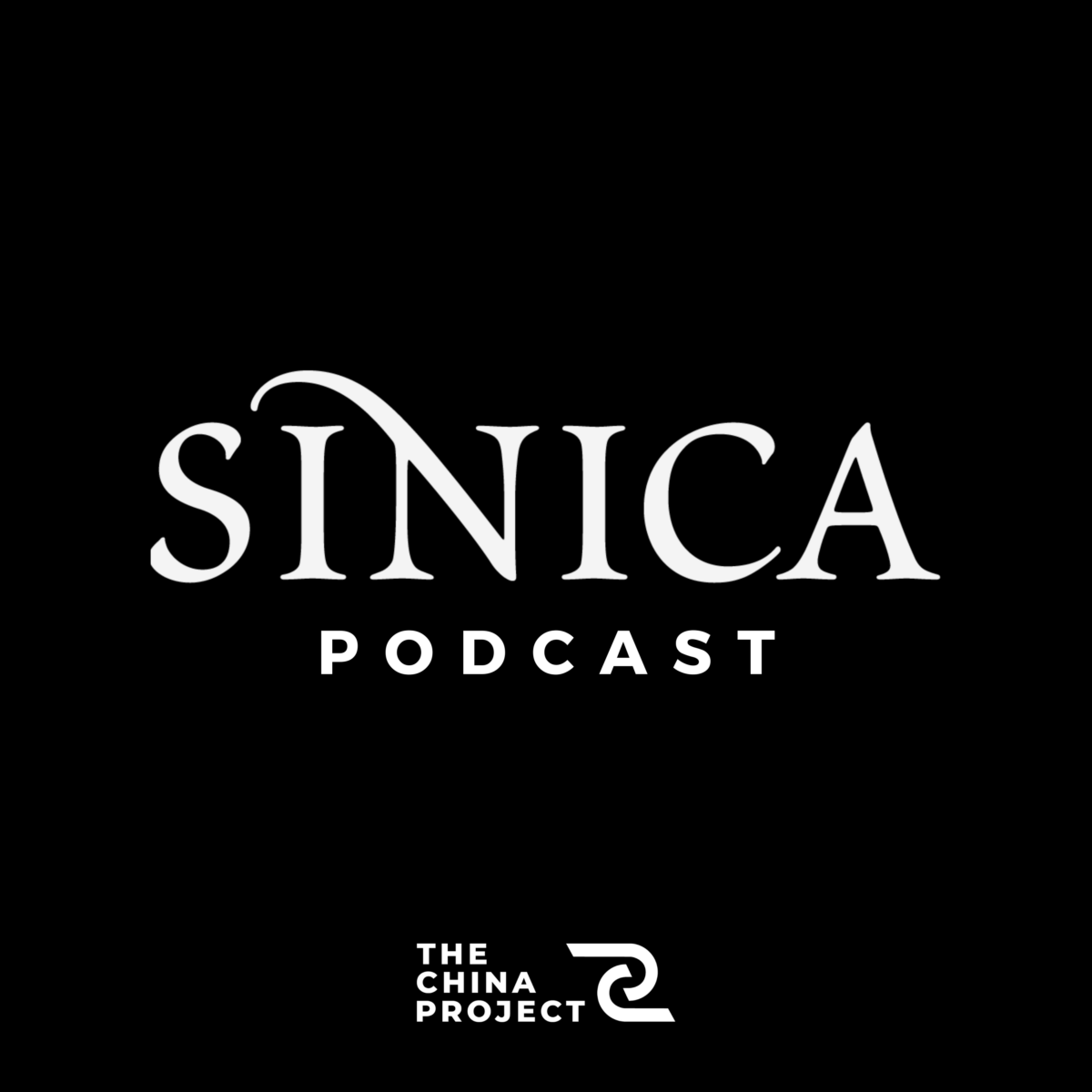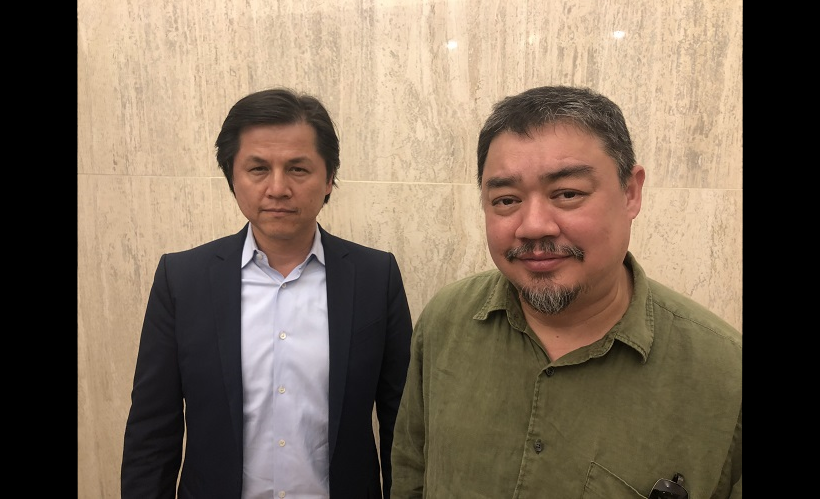This week, Kaiser is joined by Nury Turkel of the Uyghur Human Rights Project in an in-depth conversation with Wu’er Kaixi (Örkesh Dölet), best known as one of the student leaders in the Tiananmen protests that rocked Beijing 30 years ago. He talks about the heady intellectual freedom of the 1980s, the movement’s goals in 1989, the frustrations of exile, and his growing involvement in the Uyghur diaspora’s efforts to draw attention to Beijing’s draconian detentions of Uyghurs and other Muslims in China’s Xinjiang region.
What to listen for on this week’s Sinica Podcast:
17:41: Nury references a movement that is often overlooked in the context of late 20th century democratic movements around the world that served as an inspiration for the Tiananmen student movements: “In 1989, we were imitating Poland. That’s a very important reference that the world should know. What happened in 1989 feels like the Solidarity movement in Poland. We saw it [come] along step by step, and it was very inspiring.”
25:34: Nury describes the dramatic scene of several hundred thousand university students from local colleges marching a circuit around the second ring road that encircles the center of Beijing: “When we took the ring road — I mean, 100,000 students took the ring road… what’s more exciting is the people standing by on the two sides of the ring road. [They were] Beijingers. Their support is the [thing] that gave us all the confidence. [There had] to be half a million people there that day.”
59:02: Nury asks Kaixi about inaction on behalf of both Muslim and Western governments regarding the ongoing internment of Uyghurs in Xinjiang province. He responds: “The real reason the Uyghur movement has not been on the map — there are many, many factors that contribute to that: Number one, unfortunately, Uyghur people [follow] an Islamic faith. Let’s look at this with all honesty. Today’s world [is] not that honest. Today’s world is not that courageous. We don’t live in a perfect world. And the Western world finds it much more convenient to neglect the Uyghur movement.”
Also see:
A memorial to Uyghur civil rights and the legacy of Tiananmen
This podcast was edited and produced by Kaiser Kuo and Jason MacRonald.








